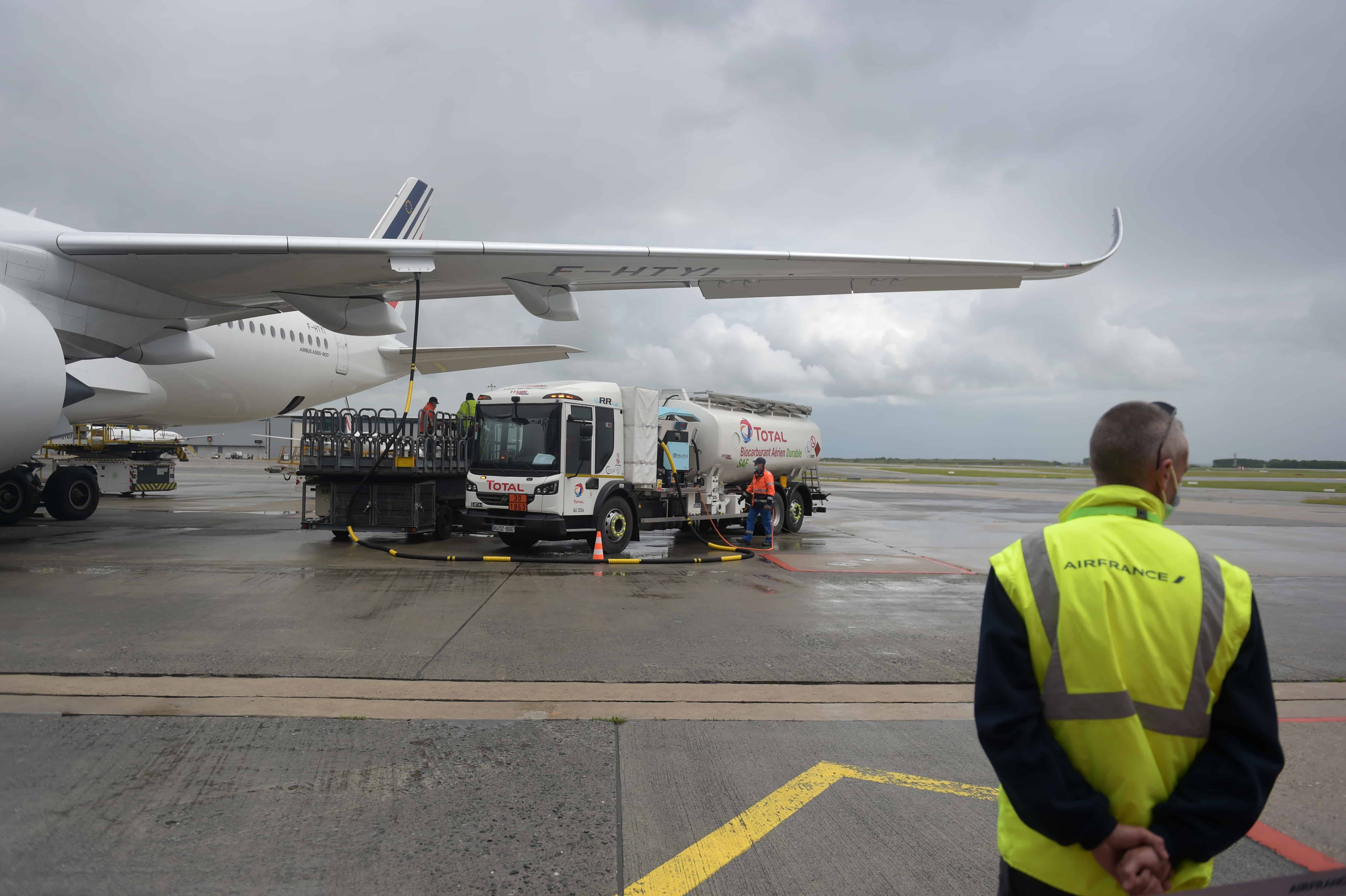Dubai, UAE — The current production of sustainable aviation fuel (SAF) represents less than 1 percent of the sector’s demand, despite the production and usage accelerating threefold in 2023 compared to the previous year. This has led to significant investments in the field, with airlines committing to purchasing available quantities in the market.
Khaled Al-Eisawi, Area Manager for Gulf and Near East at the International Air Transport Association (IATA), made these remarks on the sidelines of the ongoing third International Civil Aviation Organisation (ICAO) Conference on Aviation and Alternative Fuels (CAAF/3) in Dubai.
Al-Eisawi emphasized that the growth of SAF production requires government support and promotes investment in this vital sector. He noted that the currently available SAF levels do not support the required trends, as production is unable to meet demand and prices are high.
He also highlighted the significance of the third ICAO conference, focusing on sustainable aviation fuel, which is a fundamental pillar in achieving the aviation sector’s goal of zero emissions by 2050.
Under the Fly Net Zero initiative, airlines have committed to achieving net zero carbon by 2050. This pledge aligns air transport with the objectives of the Paris Agreement to limit global warming to well below 2°C.
Al-Eisawi also noted that global travel has recovered more than 97 percent of pre-pandemic levels, exceeding 100 percent in the Middle East region. He pointed out that some countries in the region have surpassed 2019 levels and expects the growth trend in travel to continue next year. He specifically mentioned the UAE, which has tremendously exceeded pre-pandemic levels.
The continued growth of the aviation sector, coupled with the need to reduce emissions, underscores the importance of increasing SAF production and investment in this critical area.







